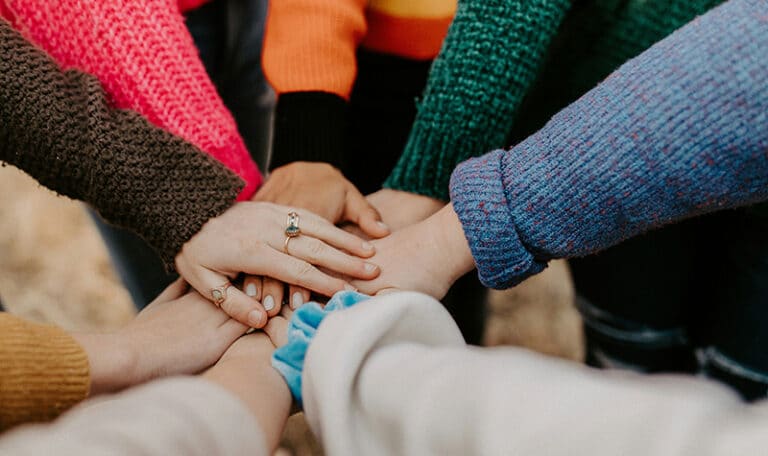Perhaps you’ve heard this quote, “Addiction is a family disease. One person may use, but the whole family suffers.” While..


Perhaps you’ve heard this quote, “Addiction is a family disease. One person may use, but the whole family suffers.” While..

Therapy can be hard work. It requires mental and emotional energy. If you do it enough, you may eventually find..

Addiction in the Workplace by: Claudia Garcia, BSN, RN, CADAC II, LAC, MBA Parkdale Center for Professionals, Co-Founder Director of..

World Bipolar Day (WBD) is observed annually on March 30th, coinciding with the birthday of the renowned artist Vincent van..

Finding your passion can be challenging under any circumstances, but when you’re struggling with depression, it may seem especially daunting…

National Eating Disorder Awareness Week raises awareness, empathy, and support for anyone impacted by eating disorders. This annual campaign started..

Suicide is often linked to depression. According to data from the State of Connecticut, the reality is that the risk..

The statistics around anxiety are significant–nearly 1 in 5 adults experience an anxiety disorder each year, and almost a third..

As the holiday season draws to a close, January can be an important time to prioritize our mental health and..

The statistics around workplace stress are alarming. The Occupational Safety and Health Administration (OSHA) reports that workplace stress causes 120,000..